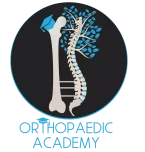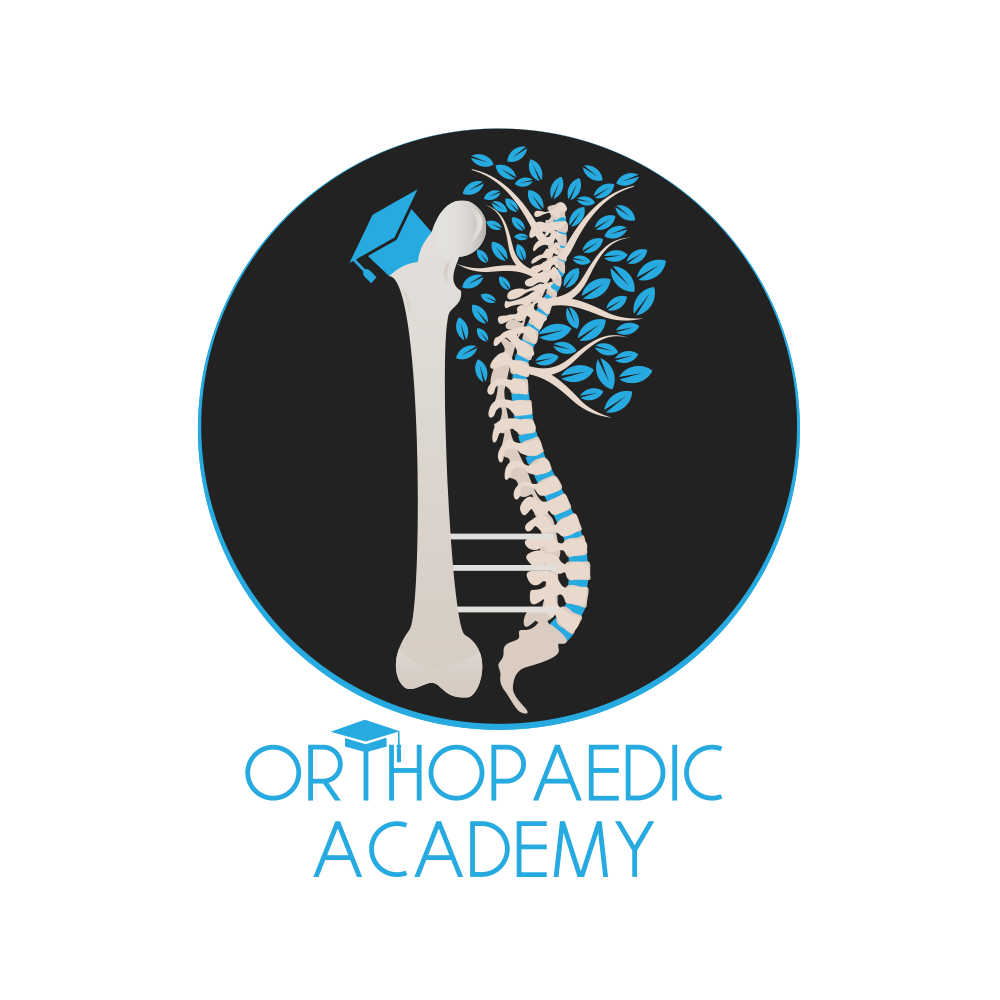
1. What is the FRCS Orthopaedic Examination
The FRCS Orthopaedic Examination is a postgraduate medical examination taken by surgeons who wish to specialize in orthopaedics.
The examination is held in two parts, the first being a written examination and the second an oral examination. Candidates are expected to have a good understanding of the basic sciences, clinical orthopaedics, and surgical techniques.
The examination is conducted by the Intercollegiate Board for Training in Orthopaedic Surgery .
The FRCS Orthopaedic Examination is highly regarded and is recognized worldwide as a mark of excellence in orthopaedic surgery. It is a highly competitive exam, and candidates need to have a high level of knowledge, skills, and experience to pass it.
2. Who is eligible to take the Examination?
To be eligible to take the FRCS Orthopaedic Examination, candidates must meet the following requirements:
- Have a medical degree from a recognized institution.
- Hold a valid medical license.
- Have completed at least four years of postgraduate training in orthopaedic surgery or its equivalent.
- Have completed the required training and gained the necessary experience in various aspects of orthopaedic surgery.
- Be a member of the Royal College of Surgeons of Edinburgh, or an equivalent recognized surgical college.
- Have completed the mandatory training modules and assessments, as per the requirements of the Royal College of Surgeons of Edinburgh.
Candidates should also be able to provide evidence of their clinical and surgical competence, as well as their commitment to continuing professional development. They should have a strong knowledge base and excellent clinical skills, as well as good communication and teamwork abilities.
Candidates may apply for the examination at any time after completing the required training and gaining the necessary experience. However, they should ensure that they have met all the eligibility criteria and have prepared adequately for the exam before applying.
3. When and where is the Examination offered?
The FRCS Orthopaedic Examination is offered around the world .The venues for the examination are decided by the Royal College of Surgeons, and are usually held in the major cities in the chosen country .
Once the Examination application is accepted, details of the venue, date and time of the Examination will be intimated to the candidates via email. The candidates must make their travel arrangements accordingly in order to arrive at the Examination venue on the day of the Examination.
4. What is the format of the Examination?
The FRCS Orthopaedic Examination consists of 2 components, a clinical part and a Multiple Choice Questions (MCQ) paper.
The exam consists of two parts: the written component and the clinical component. The written component consists of multiple-choice questions and clinical problem-solving questions, which test the candidate’s theoretical knowledge and understanding of the subject.

5. What is the pass rate for the Examination?
The pass rate for the FRCS Orthopaedic Examination varies from year to year and depends on several factors, including the number of candidates who take the exam, their level of preparation, and the difficulty of the exam. However, the pass rate for the exam is generally low, and the exam is known to be highly competitive.
According to the Royal College of Surgeons of Edinburgh, the pass rate for the FRCS Orthopaedic Examination in 2020 was 62%. This means that out of the candidates who took the exam, only 62% were successful in passing both the written and clinical components.
The pass rate for the written component is usually higher than the pass rate for the clinical component, as the written component tests the candidate’s theoretical knowledge and can be prepared for through study and practice. The clinical component is more challenging and requires the candidate to demonstrate their practical skills, communication skills, and clinical management abilities.
It is important to note that passing the FRCS Orthopaedic Examination requires a high level of knowledge, skills, and experience in orthopaedic surgery. Candidates should prepare adequately for the exam, seek advice and guidance from experienced colleagues, and ensure that they meet all the eligibility criteria before applying.
6. What are the benefits of passing the Examination?
Passing the FRCS Orthopaedic Examination has several benefits, including:
- Recognition of competence: Passing the exam is a mark of excellence and a recognition of the candidate’s competence in orthopaedic surgery. It demonstrates that the candidate has the necessary knowledge, skills, and experience to practice as an independent orthopaedic surgeon.
- Professional development: Preparing for the exam and taking it is an excellent opportunity for professional development. It involves studying and practicing in-depth in various aspects of orthopaedic surgery, which helps the candidate to develop a strong knowledge base and clinical skills.
- Career advancement: Passing the exam can open up several career opportunities, including consultant positions, academic positions, and leadership roles. It demonstrates the candidate’s commitment to professional development and enhances their reputation within the profession.
- International recognition: The FRCS Orthopaedic Examination is recognized globally and is held in high regard by the international orthopaedic community. Passing the exam is an achievement that is recognized and respected worldwide.
- Networking opportunities: Preparing for the exam and taking it can provide the candidate with opportunities to network with other orthopaedic surgeons and professionals. This can lead to collaborations, mentorship, and professional support.
Overall, passing the FRCS Orthopaedic Examination is a significant achievement that can enhance the candidate’s professional development, career opportunities, and reputation within the orthopaedic community.
7. How can I prepare for the Examination?
Preparing for the FRCS Orthopaedic Examination requires a comprehensive and structured approach, which includes the following steps:
- Understand the exam format and requirements: The first step is to familiarize yourself with the exam format, eligibility criteria, and requirements. This includes studying the exam syllabus, understanding the exam structure, and reviewing the eligibility criteria and registration process.
- Develop a study plan: Developing a study plan is essential to ensure that you cover all the topics and areas required for the exam. This involves setting specific study goals, allocating time for study, and creating a study schedule that suits your learning style and preferences.
- Review the relevant textbooks and resources: The next step is to review the relevant textbooks and resources related to orthopaedic surgery. This includes standard textbooks, journal articles, and online resources such as e-learning platforms, online courses, and webinars.
- Practice exam-style questions: Practicing exam-style questions is essential to prepare for the written and clinical components of the exam. This includes reviewing past exam papers, practicing MCQs and exam scenarios .
- Attend revision courses and workshops: Attending revision courses and workshops can be helpful in preparing for the exam. These courses provide an opportunity to review the key topics and areas of the exam, practice exam-style questions, and interact with other candidates and experienced orthopaedic surgeons.
- Seek mentorship and guidance: Seeking mentorship and guidance from experienced orthopaedic surgeons can be helpful in preparing for the exam. This includes discussing clinical cases, seeking feedback on your performance, and receiving guidance on exam preparation strategies.
Overall, preparing for the FRCS Orthopaedic Examination requires a dedicated and structured approach, which involves studying the relevant textbooks and resources, practicing exam-style questions, attending revision courses and workshops, seeking mentorship and guidance, and developing a study plan that suits your learning style and preferences.
8. Who can I contact for more information?
Before undertaking the FRCS Orthopaedic Examination, potential candidates may have questions that need to be answered. For such questions, candidates can get in touch with their local Deanery. Deaneries are responsible for the entire process of eduction and examinations, and can provide important information about the Examination.
The Royal College of Orthopaedic Surgeons itself is also very helpful in providing information about the Examination. Their website contains all the information that candidates will need in order to understand the Examination process, and there is also a helpline available.
Finally, candidates should also speak to peers and colleagues who have already been through the Examination process. Such conversations can provide useful insight into the Examination and provide encouragement in the preparation process.



